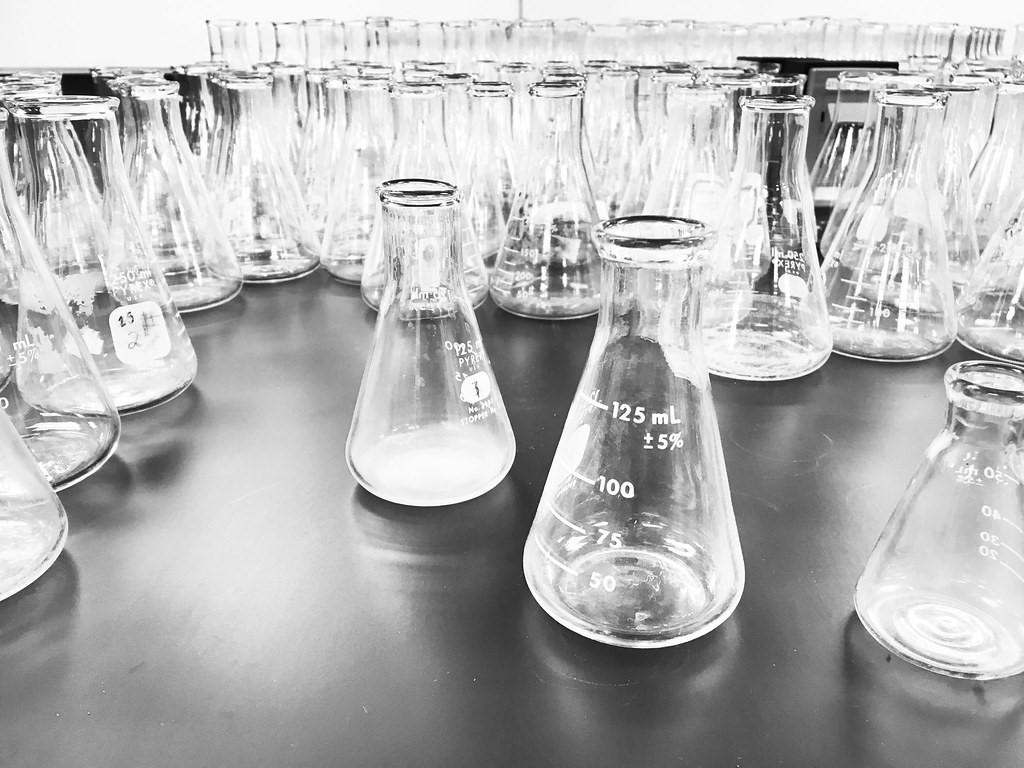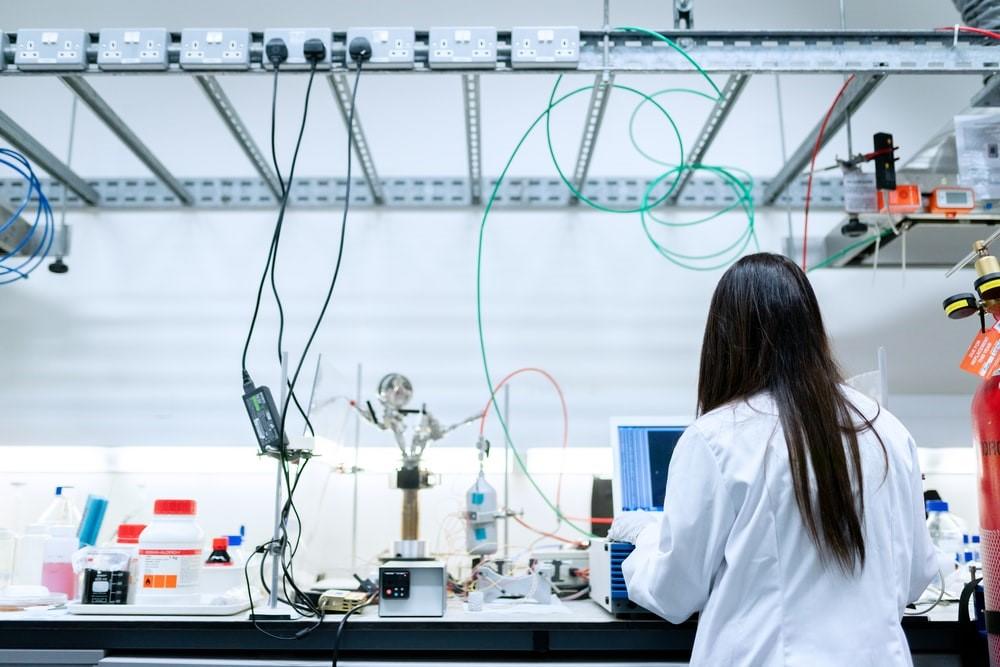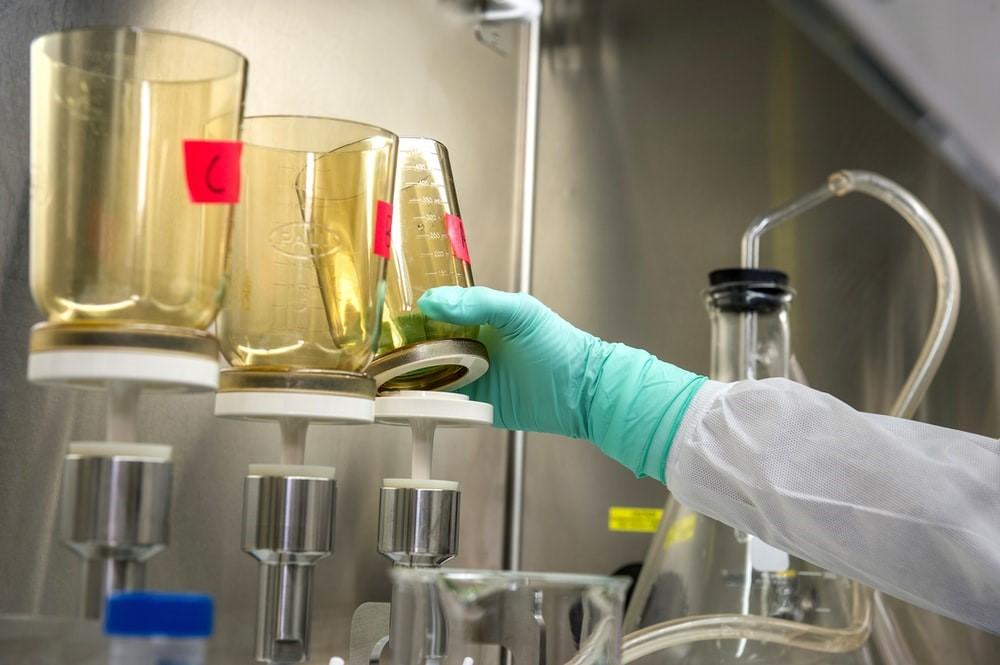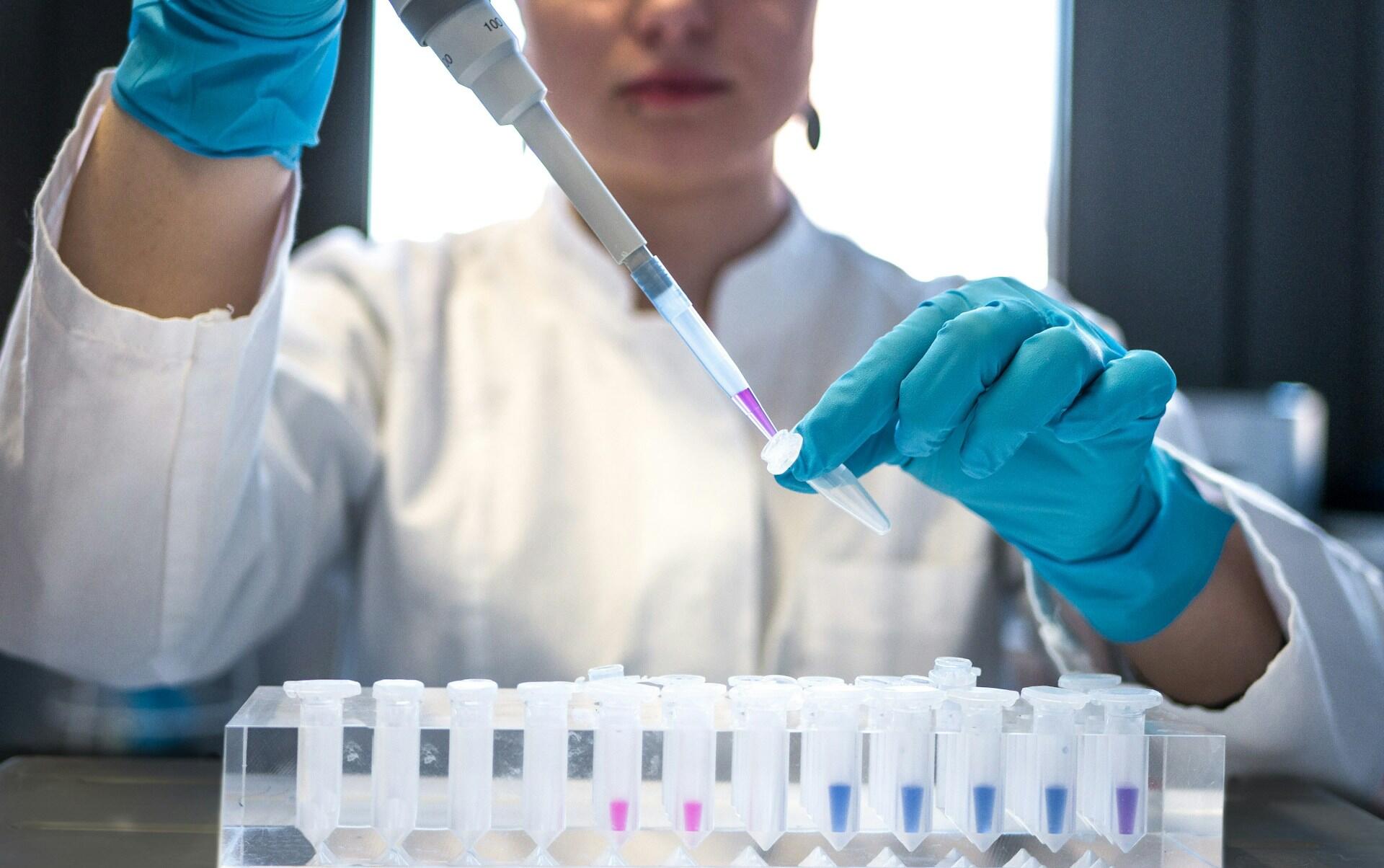With the world changing so quickly, learning and the quest for knowledge have never been greater than they are now.
So keep reading to find out what chemistry is and how you can benefit by studying it. If you want to learn more about chemistry, read on!
Everything we do involves chemistry.
You might only associate chemistry with laboratory experiments, hazardous substances, or food additives, but chemistry affects everything in our environment and is involved in nearly everything.
As stated by the ACS or "American Chemical Society," a non-profit scientific organization for the development of chemistry, authorized by Congress of the U.S., "Everything you see, hear, touch, smell, and feel incorporates chemicals and chemistry."
And your body's complex chemical interactions and reactions are involved in everything you see, feel, taste, and touch.
Therefore, even if you function as a chemist, you are involved in chemistry in one way or another.
You perform chemistry in daily life, from taking some medicines for your illness to cooking food or even when you utilize cleaning products to clean your kitchen; it is all chemistry.
See how you can get to know more about chemistry tutor here.


How Does Chemistry Incorporate Into Our Life?
The ACS defines chemistry as the science of matter, anything that possesses mass and occupies space. The transformations that matter may undergo when exposed to various circumstances and environments.
Chemistry aims to comprehend not simply the characteristics of matter, such as the composition or mass of elements, but also the process in which matter changes.
Whether something transforms from combining with another material, freezes from being placed in a refrigerator for six days, or changes color due to extra sunlight exposure, it all comes under chemistry.
It impacts every task we undertake since the building blocks of practically everything in the universe are chemical.
Chemistry can be broken down into two main groups, namely:
- Organic Chemistry
- Inorganic Chemistry
If you pursue a chemistry degree, you will primarily examine two branches of the subject: inorganic and organic chemistry.
However, it can occasionally be difficult for young learners or chemistry novices to distinguish between these two classes.
You must be able to differentiate between them if you anticipate taking a chemistry course in college or high school.
In chemistry, there's plenty to study and a massive amount of fascinating information to read, but you must first be sure to understand the fundamentals.
This blog will mainly focus on inorganic chemistry to give you a better overview of the topic.
What Is Inorganic Chemistry?
The characteristics and behavior of inorganic materials, which include minerals, organometallic compounds, and metals, are the primary focus of inorganic chemistry.
Inorganic chemistry is the branch of the residual (i.e., non-carbon-containing) subset of chemicals, whereas organic chemistry is described as the science of molecules containing carbon.
Between these two fields, however, there may be some overlap. For instance, branches of inorganic chemistry relating to metals or metalloids are linked to carbon in organometallic compounds.
What Are The Significant Differences Between Organic And Inorganic Chemistry?

Chemistry is indeed an age-old subject, the acquired knowledge of which has increased significantly over the last 3,000 years.
But it's only over the recent few centuries when scientists have achieved several of their most significant breakthroughs in understanding chemicals.
Scientists did not distinguish between inorganic and organic chemistry until the late 17th century.
What distinguishes these two, then? The solution is comparatively easy. The science of molecules that contain carbon-based substances is known as organic chemistry.
In contrast, the research on all materials that do not include carbon molecules is known as inorganic chemistry. If Inorganic chemistry is "yin," then organic chemistry unquestionably is the "yang" of chemistry.
These are supposedly a component of a sizable class as there are several branches of inorganic chemistry.
You might wonder about the contrast between inorganic vs. organic chemistry.
The main distinction between these organic and inorganic compounds is that the former always includes an element of carbon, whereas most of the latter do not.
Almost every organic compound has a Carbon-Hydrogen or C-H bond in them.

What Are The Bases Of Inorganic Chemistry?

Example of inorganic chemistry includes:
- Pigments
- Catalysts
- Pharmaceuticals
- Coatings
- Surfactants
- Fuels
They are valuable because they frequently have significant melting points due to particularly low or high electrical conductivity qualities. For instance:
Fertilizer uses ammonia as a source of nitrogen.
Ammonia is one of the primary inorganic compounds utilized in manufacturing nylons, explosives, fibers, plastics, hydrazine, and polyurethanes (used in jet and rocket fuel).
Chemicals such as water sterilization and treatment, agrochemicals, polyvinyl chloride (used for furniture, pipes, clothing, etc.), and pharmaceuticals (such as fertilizer, soil fertilizers, or pesticides) all make use of chlorine.
The naturally found titanium oxide known as titanium dioxide is utilized as pigment for white powder in coatings, paints, polymers, cosmetics, fibers, food, and other products.
Additionally, it has good characteristics for withstanding UV radiation. Therefore the market for its application in photocatalysts is rising with time as well.
What's The Role Of Inorganic Chemists?
From semiconductor chips to mining, inorganic chemists play a vital role in several industries. Their efforts are grounded in comprehending:
- The analog and behavior of inorganic elements
- How all these elements can be utilized, altered, and separated
Particular work may consist of:
- Creating techniques for recycling metals from industrial effluents
- Analyzing mined ores while functioning as some analytical chemist
- Analyzing using inorganic compounds for soil treatment
In addition to working in government labs and academic institutions, many inorganic scientists also work for companies.
Governmental inorganic chemists claim they spend much time submitting grant requests and contending for research funding.
Inorganic chemists liken their profession to that of physicists and materials scientists. All of them center on examining the connection between physical functions and characteristics.
Inorganic chemists, however, are more interested in the molecular features of substances.
Is Inorganic Chemistry More Difficult Than Organic?
Is inorganic chemistry harder than organic chemistry? The first step to answering your question is comprehending the distinctions between the groups.
In contrast to inorganic chemistry, which is focused on chemical bonds, organic chemistry relies more on physical qualities.
Both demand students to be proficient in math and many additional skills. For instance, understanding the subject requires knowledge of bond polarization and electronegativity.
The chemistry between metals is straightforward since metals readily offer non-metals their extra electrons.
Inorganic chemistry focuses primarily on 70 elements and more giant organic molecules and non-metals (apart from carbon).
The fundamental distinction between these groups is that organic includes oxygen while inorganic excludes carbon.
In inorganic chemistry, non-metals and metals combine to generate stoichiometric salts that are classed based on their chemical composition.
Ions are energized atoms that can interact with others to create common salts like chlorine, magnesium oxide, calcium carbonate, sodium chloride, and calcium carbonate.
What's The Best Way To Approach Inorganic Chemistry?
Formulas and principles are the foundation of general chemistry. The vocabulary used in inorganic chemistry makes it more complicated.
You must be capable of using language effectively and employing it to rightful equations and situations. The science of chemistry is a discipline.
Therefore it's crucial to keep in mind that you should pursue it with interest in learning why things occur that way. Always question yourself, "Why?" rather than memorizing the response.
Some areas of chemistry are more complex than others, even though both kinds are difficult.
Inorganic chemistry is easier to understand than introductory organic chemistry because it is primarily about chemical and ionic equilibrium.
The success of chemistry depends on both, despite this. You must devote more time to studying each type's fundamentals.
You won't be able to succeed in your aim if you don't spend enough time learning the fundamentals.
One of the best ways to remain consistent in your studies is by hiring a private tutor. A personal tutor would make sure to keep you firm on your schedule. For local options, you can also search for chemistry tutors near me.
They will design a studying strategy based on your skills and requirements, which will assist you in covering your shortcomings while also enhancing the parts where you excel.
Want To Get in Touch with Superprof Now?
Chemical advancements and their uses have been crucial to the progress of humanity and will carry on to make a significant impact on science, technology, industry, agriculture, and the environment.
All the nations and economies are taking significant steps to boost their science and technology sectors. Therefore, now is the best time to learn about inorganic chemistry.
If you have made up your mind regarding inorganic chemistry and are searching for a competent personal tutor to teach you, then Superprof has got you covered.
We offer a wide range of instructors from all around the world with high competency levels and qualifications to provide you with the best only.
Sign up now with some of the best online private chemistry tutors for chemistry online classes on Superprof.
Summarize with AI:
























